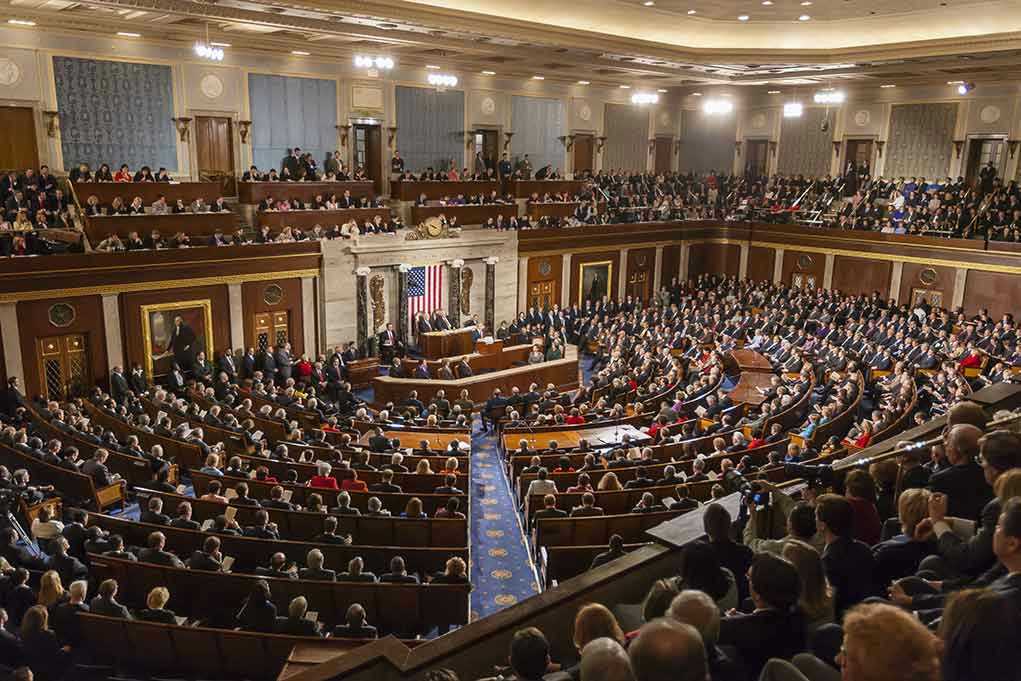
Would you believe that your innocent bedtime snack could be behind those wild, disturbing dreams—or even full-blown night terrors—haunting your sleep?
At a Glance
- Major new study confirms dairy, sweets, and spicy foods before bed are tied to bizarre, disturbing dreams.
- People with food sensitivities, especially lactose intolerance, are at highest risk for nightmares triggered by diet.
- Most Americans ignore the connection, but researchers say evening eating habits are a modifiable risk for sleep disturbances.
- “Sleep-friendly” food marketing and new public health advice may be on the horizon.
New Research Points the Finger at Your Nighttime Snacking
For years, folks have blamed everything from pizza to pickles for the occasional bad dream. Now, the science is finally catching up, and the results are enough to make you rethink that bowl of ice cream before bed. According to a peer-reviewed study from Dr. Tore Nielsen and his team at the University of Montreal, eating certain foods—namely dairy, sweets, and spicy fare—significantly increases the odds you’ll be starring in your own personal horror movie while you sleep. The research, conducted among over a thousand Canadian college students and published in Frontiers in Psychology in June 2025, found that those with food sensitivities like lactose intolerance suffered the worst, reporting more negative and bizarre dreams when indulging in these triggers late at night.
For those of us who value a good night’s rest (and who hasn’t noticed the older you get, the more precious it becomes?), this is more than just academic trivia. It’s a wake-up call. The study’s participants filled out detailed surveys on what they ate, how well they slept, and just how crazy their dreams got. The verdict? Only about 5.5% believed food affected their dreams, but among this minority, the pattern was unmistakable: dairy and desserts topped the list as nightmare fuel. Think about that the next time you’re tempted by a late-night cookie binge—maybe it’s not “just a dream” after all.
Food Sensitivities: The Nightmare Multiplier the Left Never Talks About
There’s something almost poetic about how the modern food culture—pushed by everything from big industry lobbyists to nanny-state nutritionists—has ignored what common sense and grandma’s warnings have told us for generations. Now, the data exposes what political correctness often buries: not everyone’s digestive system is built the same, and some of us pay a steeper price than others. Dr. Nielsen’s findings show a robust link between food sensitivities (especially lactose intolerance) and nightmare severity. That’s right—if you’re one of the millions who can’t process milk, eating cheese or ice cream before bed is basically inviting Freddy Krueger into your dreams.
Gastrointestinal discomfort isn’t just a minor inconvenience; it’s a direct pipeline to poor sleep and, for many, misery-filled nights. The study’s large sample size and rigorous methodology finally offer the kind of evidence lawmakers and health officials can’t ignore. Yet despite this, how many government dietary guidelines or school lunch programs ever mention the dark side of dairy at bedtime? Instead, the focus stays on “equity” and “access,” while real, practical advice for people with food sensitivities gets swept aside. Once again, evidence-based policy takes a back seat to virtue signaling and bureaucratic inertia.
New Science, Same Old Bureaucratic Blindness
The long-term implications of this research are as obvious as they are overdue. If we know that certain foods can reliably trigger nightmares—especially in sensitive individuals—why aren’t public health authorities updating their sleep hygiene recommendations? Instead, we get endless lectures about “screen time” and “mindfulness,” while the actual science-backed advice is ignored or buried under mountains of red tape. This is exactly the kind of government overreach and mismanagement that drives Americans crazy: agencies with billion-dollar budgets too busy pushing “woke” agendas to notice the low-hanging fruit of real, actionable health guidance.
Meanwhile, the food industry smells opportunity. Expect a surge in so-called “sleep-friendly” snacks and beverages, all boasting some dubious claim about improving your dreams. But will they address the real issue—food sensitivities and the timing of evening meals? Or is this just another racket, like so many government-subsidized “solutions” that solve nothing and line the pockets of lobbyists? If you want better sleep, skip the federal guidelines and listen to the data: avoid dairy, sweets, and spice before bed, especially if you know your body can’t handle them.
The Bottom Line: Ignore the Science, Pay the Price in Your Sleep
Dr. Nielsen’s work is a rare example of common sense getting a scientific stamp of approval. While food isn’t the only factor influencing dreams—medications, stress, and substance use also play roles—it’s a modifiable risk that anyone can address without waiting for another taxpayer-funded intervention. The study’s authors and outside experts alike agree: healthier eating habits in the evening, and a little self-awareness about what your body can (and can’t) tolerate, could mean the difference between sweet dreams and a night of terror.
Yet, as always, the bureaucrats and activists will chase the next trendy cause while leaving millions to suffer in silence—because nothing says “progress” like missing the obvious and blaming the consequences on something else. If you want real change, it starts with the truth: what you eat before bed matters, and ignoring it is a recipe for restless nights and wasted mornings.











